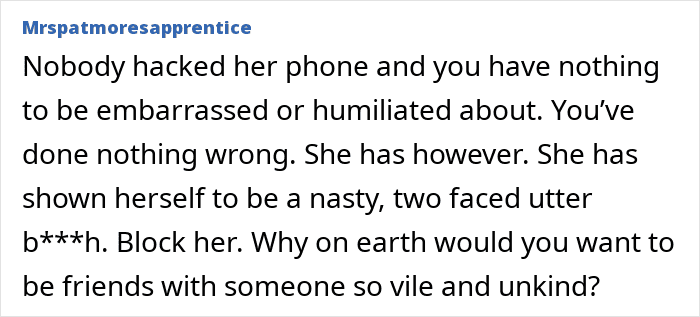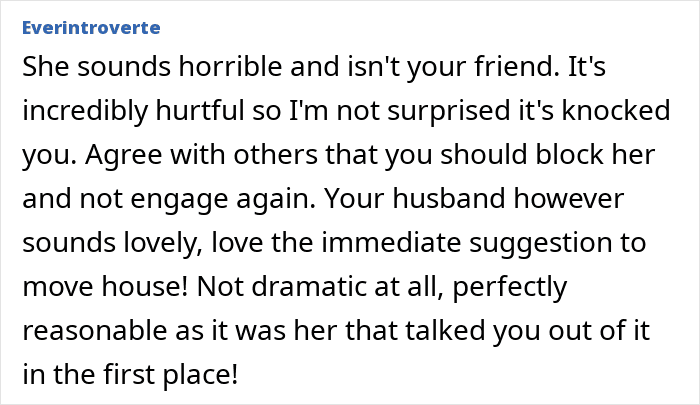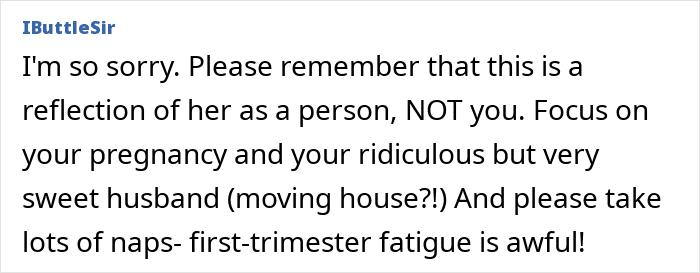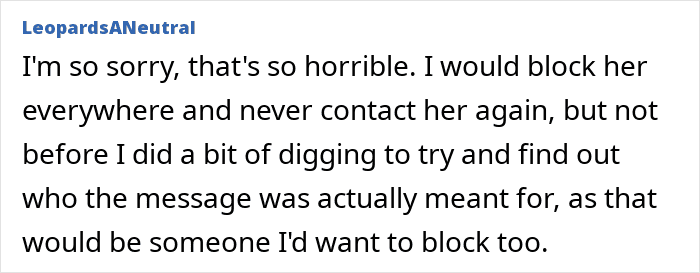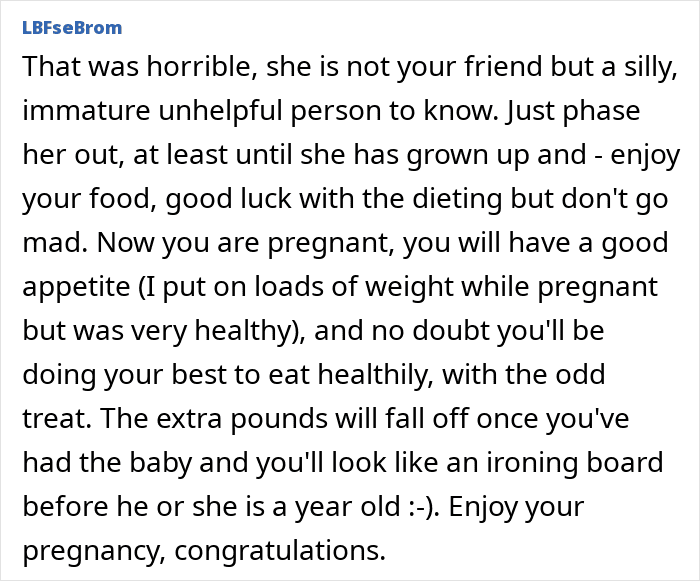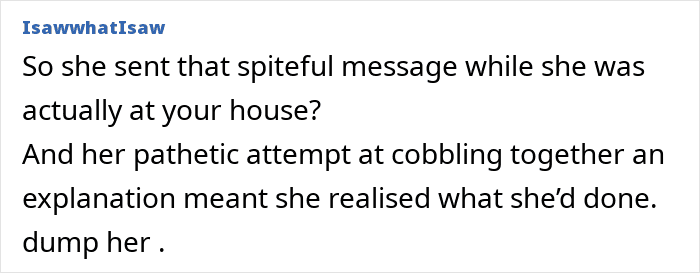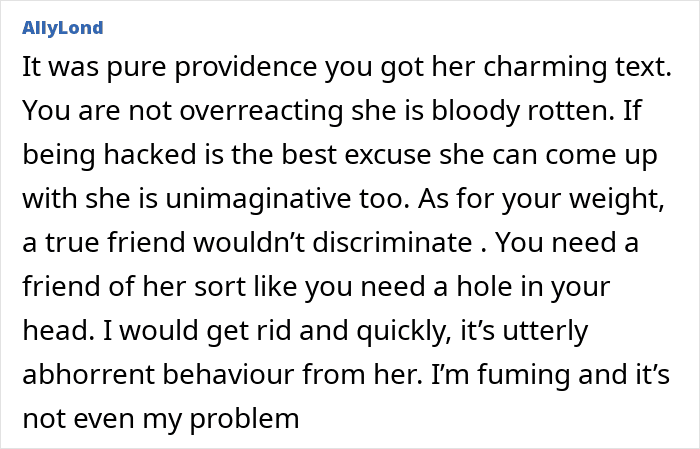With mental health experts ringing alarm bells about the loneliness epidemic, friendships are becoming more and more valuable. Yet in the UK, one in 10 adults say they have no close friends. Perhaps some of these people have had bad experiences with friends.
Like this woman, who got an “accidental” text from her friend shaming her about her weight. As she was already in a vulnerable state, the woman wasn’t sure how to react. So, she decided to get opinions from the internet: was the friend’s comment inappropriate or was she just blowing things out of proportion?
To find out what psychological and emotional effects weight-shaming from a friend can cause, We reached out to body image coach Stefanie Michele. She kindly agreed to tell us more about why there’s such a stigma amongst women for simply eating and why we’re all so entrenched in the cult of thinness. Read her expert insights below!
More info: Stefanie Michele | Life After Diets Podcast | Instagram
RELATED:An accidental text showed this woman her friend’s true colors, when a text that was meant for someone else ended up in her inbox

In it, the ‘friend’ made awful comments about the woman’s weight
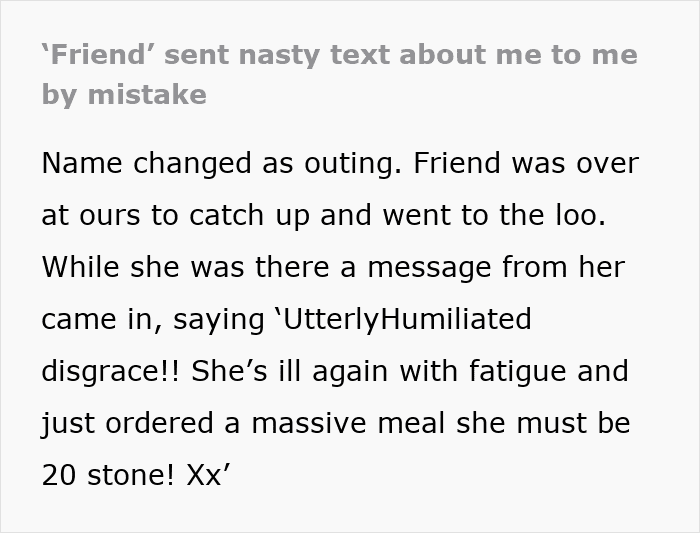

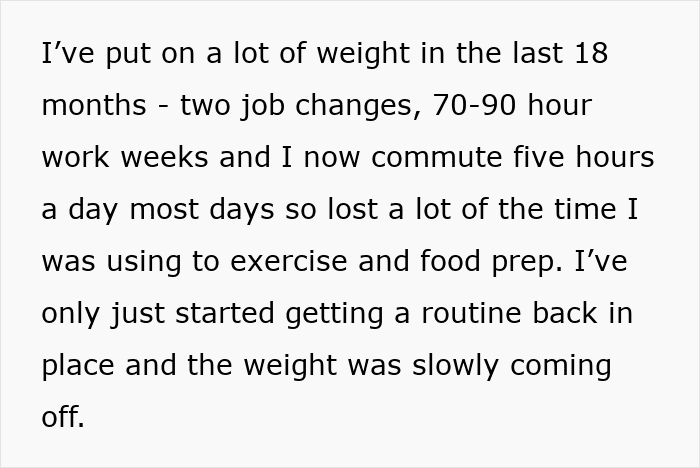
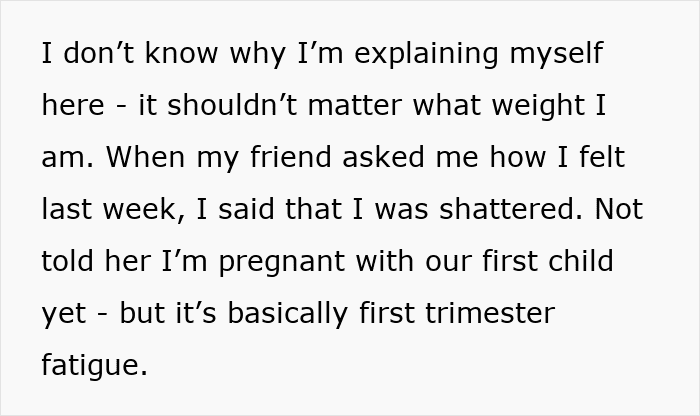

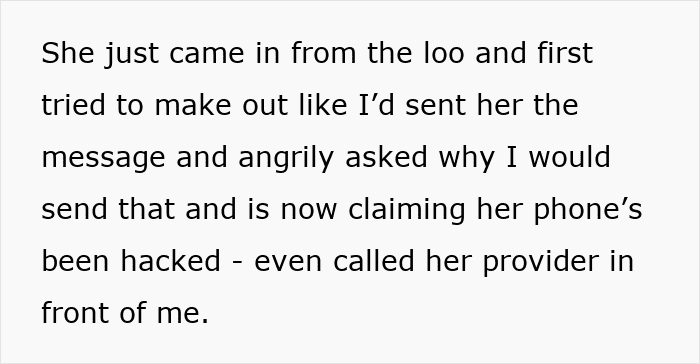
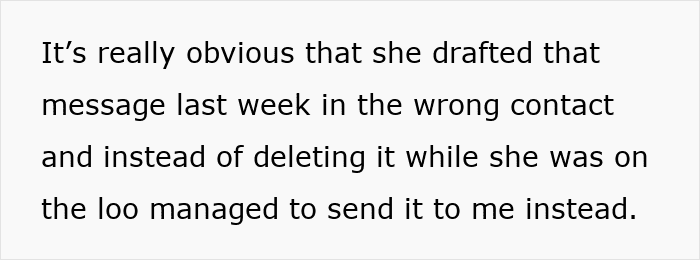


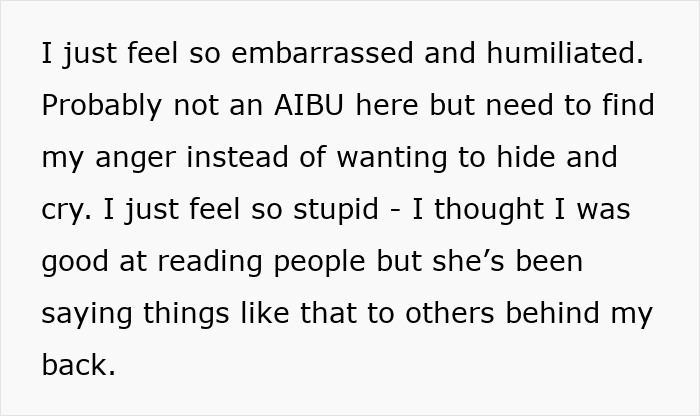
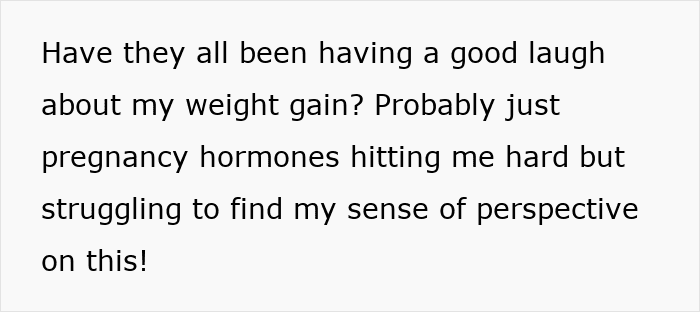

Image source: UtterlyHumiliated
“Catching a friend weight shame you behind your back is a breach of trust on multiple levels,” body image coach Stefanie Michele tells We

However unpleasant and inappropriate it is, many people (especially women) have to listen to other people commenting on their bodies. Surprisingly, often these kinds of comments come from the place we associate with love and support – our friends.
Perhaps it’s because the people closest to us know which buttons to push to hurt us the most. In a 2019 survey, almost half of adults in the UK admitted they have been body shamed. The worst thing is that the majority of the respondents claimed that close friends are usually the source of this body shaming.
Body image coach Stefanie Michele, who encourages her clients to heal with an anti-dieting and intuitive eating approach, tells We that when such hurtful comments come from a friend, it hurts us way more than if they were coming from a stranger.
“Catching a friend weight shame you behind your back is a breach of trust on multiple levels,” she points out. “Not only is the interpersonal relationship likely to be impacted by the betrayal, but also our sense of belonging on an existential level.”
“After all, if your friends don’t support you, who does?” Michele poses a hypothetical. “This level of insecurity can compromise our sense of social safety, which can foster symptoms of self-doubt, anxiety, and even depression.”
Even in 2025, thinness is still the ideal women are expected to strive for

The idea that a woman’s worth is directly tied to her thinness is toxic, but one that has deep roots in our collective psyche. For many women, it also starts in their early years. In 2009, Chinese researchers found that adolescent girls are more than twice as likely to hear weight-shaming comments from their peers, as well as their parents, teachers, and siblings.
Body image coach Stefanie Michele explains to We that women are taught to sometimes feel guilty for simply eating. “There is an unspoken social agreement between women to eat as little as possible to comply with the moral code of ‘the good female’,” she observes.
“For generations, women have been conditioned to suppress their needs in service of others—and eating modestly is just one more way we’re taught to take up less space, both figuratively and literally. Our culture has normalized the value of feminine ‘smallness’ to the point that eating has become an indulgence, or even a violation, instead of a basic need.”
Our culture, according to Michele, promotes thinness as the ideal. And oftentimes, it comes at the cost of eating disorders in the worst case and a widespread pattern of disordered eating at best.
“As social beings, we look to others to understand what’s valued, what’s safe, and what gives us a sense of belonging or power. Where traditional media and celebrities once set the tone, social media now reinforces the narrative,” Michele notes.
“Trends like ‘What I Eat in a Day’ and SkinnyTok videos rack up millions of views, reinforcing the message that thinness isn’t just desirable—it’s the standard. The result is a relentless feedback loop of social validation and pressure,” the body image coach cautions.
People urged the woman to cut ties with such a horrible ‘friend’





